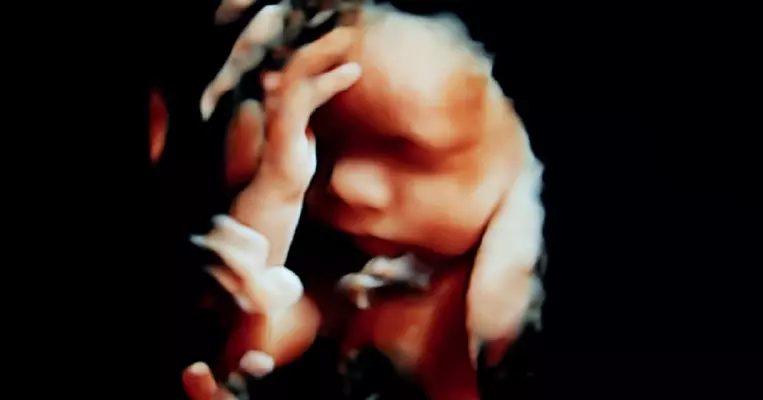(Family Research Council) Four months after 93 House and Senate members demanded answers from the Biden administration regarding federally-funded fetal tissue research at the University of Pittsburgh (Pitt), the university has released an investigative report stating that the institution is "fully compliant with federal and state regulatory requirements."
The report was conducted by Hyman, Phelps & McNamara (HPM), a D.C.-based law firm specializing in health care law. In September, Pitt reported hiring the firm in an effort to take a "proactive step to ensure that it is positioned to continue leading the way -- scientifically, legally and ethically -- in practicing and advancing lifesaving research." Notably, there have been no successful clinical results from human fetal tissue research to date.
Despite the report's claims, Pitt's commitment to "ethically practicing and advancing lifesaving research" remains questionable. As Center for Medical Progress founder and president David Daleiden has pointed out, the firm failed to examine abortion practices at the university's clinical location or contracted care site -- UPMC Magee Hospital (where late-term abortions are carried out) or Planned Parenthood Western Pennsylvania. Importantly, these are the places where the university has been accused of extracting organs from viable preborn or born infants.
Instead of checking to see if the university was guilty of colluding with businesses that killed babies born alive for their organs, HPM simply wrote, "It is HPM's understanding that no fetal tissue is collected from abortions performed at Planned Parenthood of Western Pennsylvania." HPM questioned whether there could be a conflict of interest between Pitt and Planned Parenthood but ultimately concluded, "There is no law preventing Pitt from supporting Planned Parenthood of Western Pennsylvania if it chooses to do so."
[Click here to subscribe to Pregnancy Help News!]
Pitt has received nearly $3 million in taxpayer dollars to fund its collection of human fetal tissue. Some of this fetal tissue is obtained around 42 weeks gestation -- that's 20 weeks after infants are viable to survive outside the womb. The Center for Medical Progress pointed out the quid pro quo relationship that exists between the university, the National Institutes of Health (NIH), and Planned Parenthood -- and the horrific fact that the fetal tissue might have been collected from babies born alive.
In their application for taxpayer funding from NIH, Pitt argued it could minimize "ischemia time," which NIH defines as a "lack of blood supply to a part of the body." As the Center for Medical Progress commented, "the fetal organs do not undergo ischemia -- lose their blood supply -- until 'after the tissue collection procedure.' This means the organs are still receiving blood supply from the fetal heartbeat during the "tissue collection." As Dr. Christina Francis, chair of the American Association of Pro-Life Obstetricians and Gynecologists (AAPLOG), said, "If it says ischemia time starts after tissue collection, that means that the baby is still alive at the time that they're harvesting the tissue...It's horrific and does not constitute good science or compassionate medical care."
Tweet This: Pitt's application for taxpayer $$ suggests its fetal tissue collection is occurring while the baby is still alive- FRC Washington Update
Pitt's "proactive" attempt to exonerate themselves by hiring a law firm to only examine the portions of their program that meet "ethical standards" leaves the most important question unanswered. Namely, is this taxpayer-funded university killing babies who are born alive in order to experiment on their organs?
Tweet This: Is taxpayer-funded University of Pittsburgh killing babies who are born alive in order to experiment on their organs? - FRC Wash. Update
Editor's note: Mary Szoch is director of the Center for Life and Human Dignity at the Family Research Council. This article was published on Family Research Council's Jan. 31, 2022, Washington Update and is reprinted with permission. Visit www.frc.org for more information.






